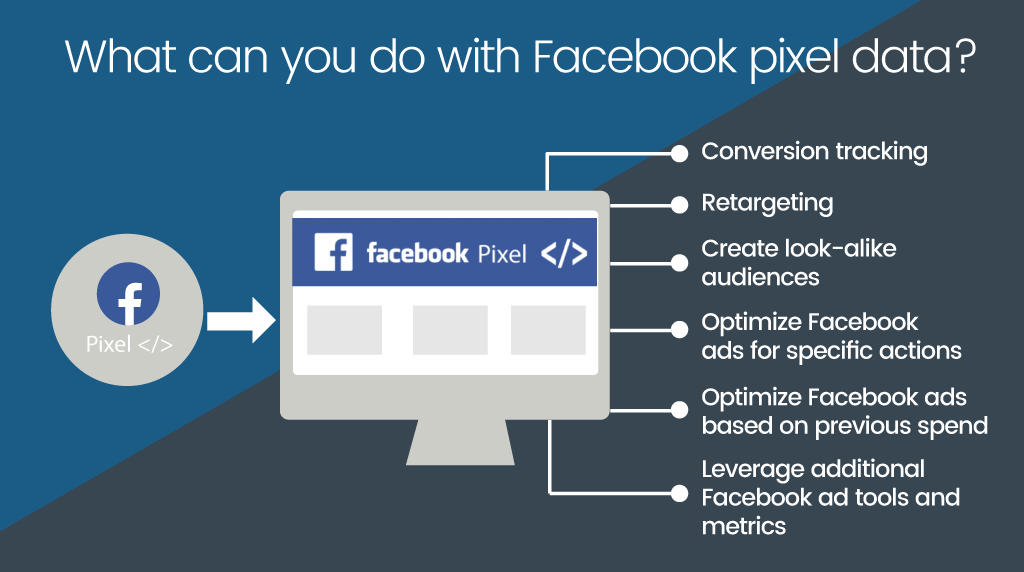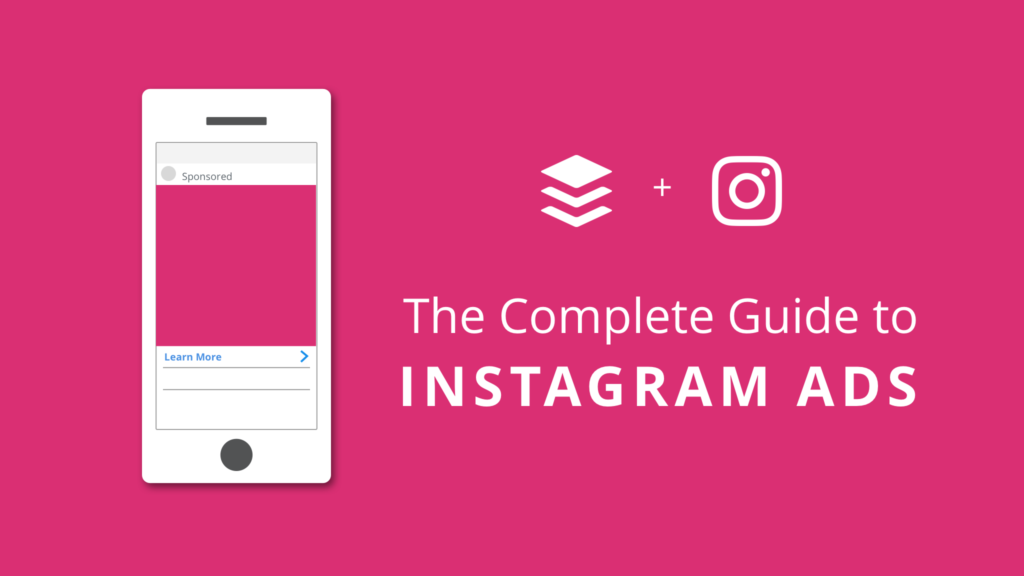In today’s digital era, data has become the lifeblood of successful marketing campaigns.
Businesses strive to understand their audience better, optimize their advertising strategies, and drive conversions.
In the realm of social media marketing, Facebook stands tall as the undisputed giant, offering businesses an array of powerful tools to reach their target audience effectively.
One such tool that plays a pivotal role in Facebook’s advertising ecosystem is the Facebook Pixel.
In this comprehensive guide, we will dive deep into the world of Facebook Pixel, exploring its functionality, benefits, implementation, and strategies for leveraging its full potential.
What is Facebook Pixel Helper?

Before we dive into information on the Facebook Pixel Helper, let’s quickly go over the Facebook Pixel.
The FB Pixel is a piece of coding that you integrate into your website’s header to track visitor information.
With this visitor information, you can deliver a tailored ad experience on Facebook and get leads to purchase your products or services.
To ensure your pixels are working, you’ll want to enlist the help of the Facebook Pixel Helper.
Facebook Pixel Helper is a Google Chrome browser extension that serves as a troubleshooting tool for the pixel.
This tool will help you check to make sure your Facebook Pixel is embedded into your website correctly.
The Facebook Pixel Helper enables you to ensure that your Facebook Ad tracking pixels are active and working correctly.
It also provides you with information about errors — allowing you to edit your pixel and ensure that it’s working correctly.
It’s a free and valuable tool for anyone who utilizes the Facebook tracking pixel for their advertising campaign.
This tool is great for helping you monitor your Facebook Pixel and ensuring it’s actively tracking information from your audience, so you can deliver a better ad experience.
Understanding Facebook Pixel

Facebook Pixel is a piece of code provided by Facebook that businesses can embed into their websites.
It acts as a bridge between the website and Facebook’s advertising platform, enabling businesses to collect valuable data, measure conversions, and optimize their advertising campaigns.
The pixel utilizes cookies to track users’ interactions with the website, providing crucial insights into user behavior and allowing for highly targeted marketing efforts.
Key Benefits of Facebook Pixel:

a. Precise Audience Targeting:
By utilizing FB Pixel, businesses can gather granular data about user behavior, enabling them to create highly targeted audiences for their ad campaigns.
This data includes actions such as page visits, product views, add-to-cart actions, and purchases, helping businesses reach the right people with the right message.
b. Conversion Tracking:
With Facebook Pixel, businesses can track conversions across multiple devices, gaining valuable insights into which ads and campaigns are driving desired actions.
This data allows marketers to optimize their advertising strategies, allocate budgets effectively, and increase their return on investment (ROI).
c. Dynamic Retargeting:
Facebook Pixel empowers businesses to implement dynamic retargeting campaigns, displaying personalized ads to users who have already shown interest in their products or services.
This feature helps increase conversion rates by delivering tailored content to potential customers based on their previous interactions with the website.
d. Lookalike Audiences:
By leveraging the data collected through Facebook Pixel, businesses can create lookalike audiences.
These audiences consist of users who share similar characteristics and behaviors with their existing customer base, expanding the reach of their campaigns and finding new potential customers.
Implementing Facebook Pixel

Implementing Facebook Pixel requires a few technical steps, but the process is relatively straightforward. Here’s a general overview of the implementation process:
a. Creating a Pixel:
Businesses need to create a FB Pixel through the Facebook Business Manager or Ads Manager. Once created, Facebook provides a unique Pixel ID.
b. Installing the Pixel Code:
The Pixel code can be added to the website manually by inserting it into the website’s header or by using a website builder or a plugin.
Alternatively, businesses can utilize a tag management system to streamline the process.
c. Verifying Pixel Installation:
After implementing the Pixel code, businesses can verify its installation using Facebook’s Pixel Helper, a browser extension that confirms if the Pixel is firing correctly.
Advanced Strategies for Maximizing Facebook Pixel’s Potential

a. Event Tracking:
FB Pixel offers the capability to track specific events on a website, such as button clicks, form submissions, video views, or downloads.
By setting up event tracking, businesses can gain deeper insights into user actions and behavior, allowing for more sophisticated audience segmentation and campaign optimization.
b. Custom Conversions:
Custom conversions enable businesses to track and optimize for specific actions on their website that may not be predefined by Facebook.
This feature allows for more precise tracking of important events and goals, such as sign-ups or specific product purchases.
c. Pixel Data Optimization:
Facebook Pixel’s data optimization feature allows businesses to improve the accuracy of their reporting and campaign optimization.
By configuring the pixel to prioritize specific events or actions, businesses can ensure that the pixel focuses on collecting the most relevant data for their marketing objectives.
This optimization helps streamline campaign performance and ensures that businesses are making data-driven decisions.
d. Cross-Device Tracking:
With the proliferation of multiple devices, users often interact with websites and ads across different platforms and gadgets.
Facebook Pixel enables cross-device tracking, allowing businesses to understand the customer journey and attribute conversions accurately.
This feature provides a holistic view of user interactions, from initial touchpoints on mobile devices to final conversions on desktops or vice versa.
e. A/B Testing:
FB Pixel facilitates A/B testing by allowing businesses to create multiple variations of their ads or landing pages and track the performance of each variant.
By implementing different pixels or events for each version, businesses can gather data and insights on which variations are most effective in driving conversions.
This iterative approach helps optimize marketing efforts for better results.
f. Optimization and Reporting:
Facebook Pixel’s integration with Facebook Ads Manager provides businesses with comprehensive optimization and reporting capabilities.
By analyzing the data collected through Pixel, marketers can gain valuable insights into the performance of their ads, audiences, and campaigns.
This information allows for data-driven decision-making, enabling businesses to refine their strategies and allocate resources effectively.
Privacy and Compliance Considerations

As data privacy becomes increasingly important, it is essential for businesses to ensure that their use of Facebook Pixel aligns with privacy regulations and best practices.
Some key considerations include:
a. Privacy Policy and Consent:
Businesses should update their privacy policies to inform users about the data collection activities associated with FB Pixel.
They should also obtain appropriate consent from users, in compliance with applicable data protection laws and regulations.
b. User Opt-Out:
Providing users with an option to opt-out of Facebook Pixel tracking is crucial.
This can be accomplished by implementing mechanisms such as the Facebook Custom Audience Opt-Out, which allows users to control their data usage for ad-targeting purposes.
c. Data Retention:
It is important to define and adhere to a data retention policy to ensure that data collected through FB Pixel is stored securely and retained only for as long as necessary.
Businesses should regularly review and purge data that is no longer needed.
d. Compliance with Regulations:
Businesses must ensure compliance with relevant data protection regulations, such as the European Union’s General Data Protection Regulation (GDPR) or the California Consumer Privacy Act (CCPA).
They should familiarize themselves with the requirements and obligations imposed by these regulations to protect user privacy rights.
Troubleshooting and Resources:
While implementing and utilizing FB Pixel is generally straightforward, occasional issues or discrepancies may arise.
Facebook provides various troubleshooting resources to help businesses resolve common problems and ensure the proper functioning of their pixels.
These resources include the Facebook Pixel Helper browser extension, the Ads Manager’s Pixel Dashboard, and the Facebook for Business Help Center, which offers comprehensive guides and support for pixel-related inquiries.
Enhance Facebook Pixel Data with Conversions API

To help counter the data-loss effects of iOS14.5 changes, Facebook introduced Conversions API.
Rather than relying on cookies and web and mobile browsers for data, Conversions API collects information directly from your servers.
By combining Conversions API with the Facebook pixel, you’ll have access to more reliable data, even as the pixel loses information.
If you’re using one of Facebook’s integration partners, like Shopify or WooCommerce, you can turn Conversions API on without writing any code.
Conclusion
FB Pixel is an invaluable tool for businesses seeking to optimize their advertising efforts on the Facebook platform.
By leveraging the power of data tracking, audience targeting, and conversion optimization, businesses can enhance their marketing strategies, improve ad performance, and drive meaningful results.
However, it is important to balance these benefits with privacy considerations and compliance obligations.
By implementing Facebook Pixel effectively and responsibly, businesses can unlock their full potential and gain a competitive edge in the ever-evolving digital marketing landscape.



